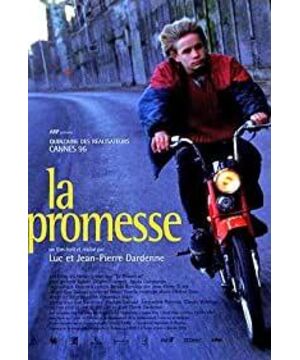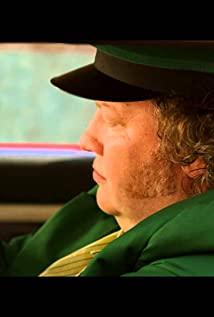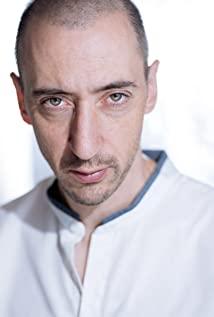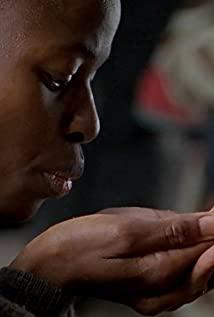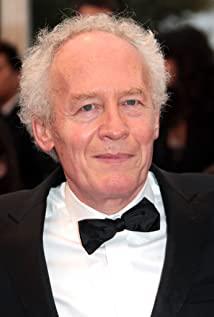There are at least two levels of emotion, one is the relationship between father and son, and the details show the full love of father and son. It's romantic to give a pair of rings, cool tattoos, and take your son to enjoy libido. Do your best to care for and help your son both materially and spiritually. Yet it is precisely this deep love that constitutes one of the keys to the dramatic conflict.
Another level is the son's instinctive maintenance of justice. This maintenance is the core of the progress of the plot, and actions are carried out around the maintenance ability. So you can see the hardships of Belgian workers, and the horrific level of racial discrimination. At the same time, the African female subject was well photographed. This woman is dignified, smart, and strong. From the eyes to the gestures to the speech, every detail is handled quite in place. For example, in the last scene, she learned the truth about her husband's death, and after being silent for more than ten seconds, she quickly adjusted to do what she should (conscience) and want to do (free will) - bury her husband. (rather than crashing and running away). The director's respect for people is also reflected in the fact that shooting African witchcraft does not make me feel superstitious and weird, because every witchcraft is accurate, and the camera scans the expression of the little protagonist, showing his nervous state of mind.
When the clues of the repeated conflict of justice and blood are clear. Only the little protagonist has reason not to believe his father, and is qualified to lock his father up to prevent his father from doing more terrible things. That's the director's stance.
View more about The Promise reviews


